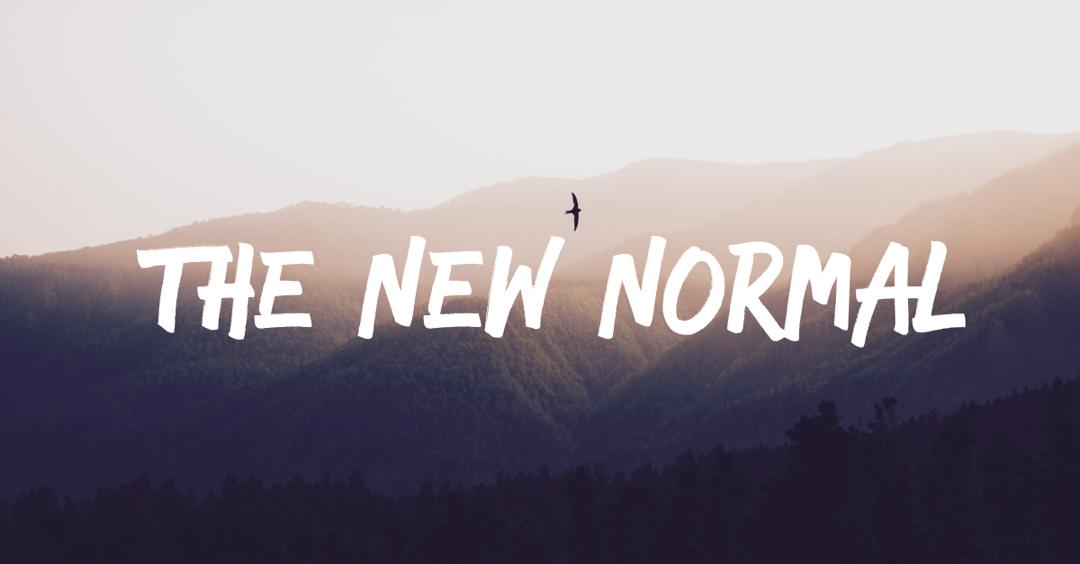Over and over again, you find people talking a lot recently about a “new normal”, and everyone is convinced how the world after Covid-19 may never be the same.
Indeed, within months the world has witnessed momentous changes previously thought impossible without at least a decade of debate. It changed how we live, overhauled our working spaces, turned societal etiquettes like the handshake into sudden taboos, restructured the economic order and grimly schooled humanity on the fragility of our existence.
Some draw valuable lessons, a few position themselves for profit upon the exit of a lockdown, while others reaffirm the need for multilateral governance and collaboration across borders.
Pandemics wreak devastating havoc on societies in the short-term; but as with all crises, they also offer the opportunity for major public reforms. The coronavirus has exposed Malaysia’s potency for overcoming polarisation and brought together a country long divided against itself.
Covid-19 does so by sending a powerful reminder that we are all in this together with a postscript on hope; and it makes us yearn for the muhibbah spirit of yore. Over the past few weeks, we’ve seen plenty of heartwarming stories of goodwill, kindness, and self-sacrifice; knitting together a strong narrative of a united front for the greater good.
Right from the start of the Movement Control Order (MCO), a new normal of societal conformity and collectivistic attitude have been aggressively picking up steam, and it just works. By putting emphasis on social distancing and calling out detractors who refuse to fall in line with the emergency policy, our new positive case numbers have dip below 50.
In fact, most of Asia is doing exceptionally well in containing the pandemic when compared to the western world. In contrast to Eastern cultures, the West over-endorses individualism leading to an astronomically higher prevalence of the virus in their countries.
The ingrained framework of favouring the freedom of an individual over the collective have seen the US struggling to contain their outbreak. Despite being clear that individualism is highly unsuitable in face of the pandemic, a worrying number of citizens still refuses to comply with state guidelines to don face masks, going as far as putting on a mass rally to stage their protest for the infringement on their personal ‘freedoms’. Even their state governments were detrimentally engaged in a bidding war against each other to procure medical equipment, further driving up the price.
Additionally, the crisis also brought to spotlight the underlying socio-economic inequalities. While Covid-19 does not discriminate who it infects, the rich and the poor will have vastly different experiences of the lockdown. A bulletin report by the Institute for Strategic Analysis & Policy Research (INSAP) has concluded that most Asian workers simply do not have the luxury to stay at home, revealing that 70% of workers in the region have no formal jobs.
Without a safety net, the poor are shoved between a rock and a hard place; forced to choose between starvation and infection. This leaves our society more vulnerable to the pandemic than it would be otherwise. Frankly, reforms to stomp out inequalities are past due. We should quickly look to support a broader economy and incorporate an inclusive, sustainable economic development.
As we move on to our exit strategy, the learning points of multilateral collaboration, collectivism and inequalities reduction must be assimilated more permanently into our new normal. The future of our nation is one where we mould with hope and build through concerted efforts.
We must not allow this turning point for change be mired by an anticlimactic ending where we simply slide back to our old ways. We cannot afford to. Not when these lessons are bought and paid for with hundreds and thousands of lives. Let not this global crisis go to waste.


